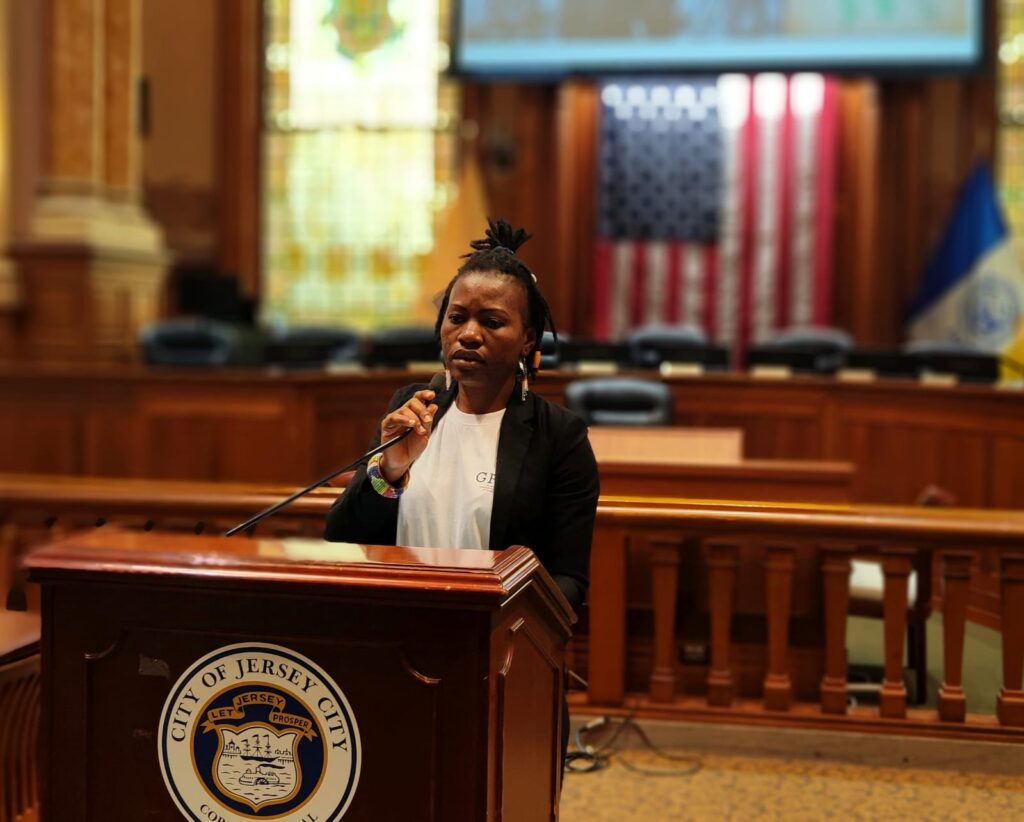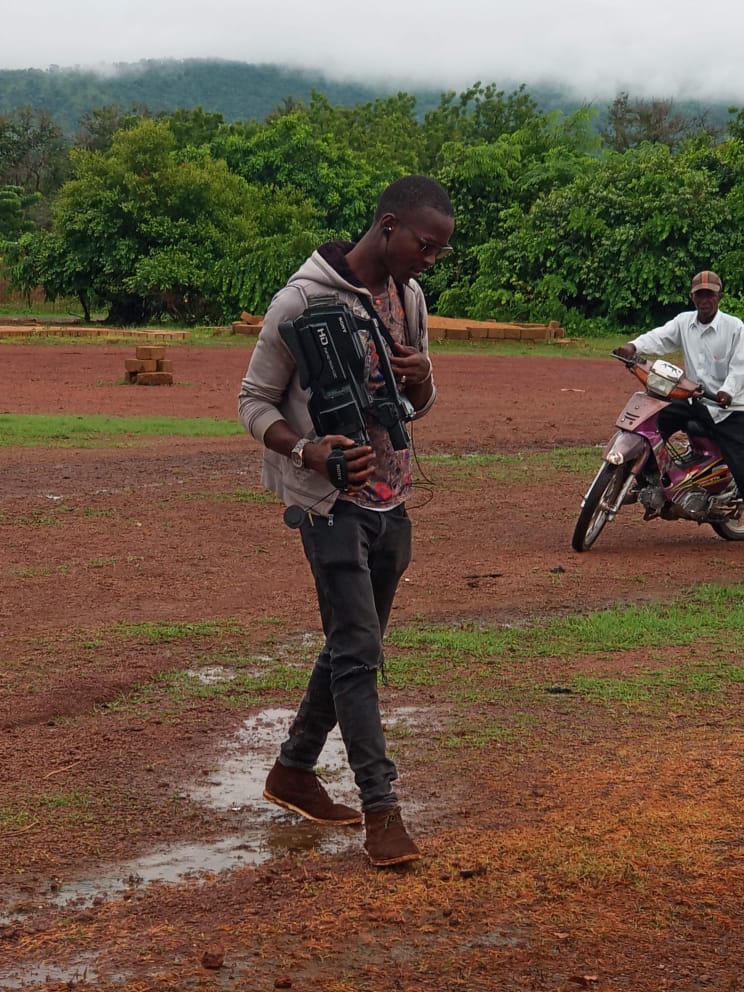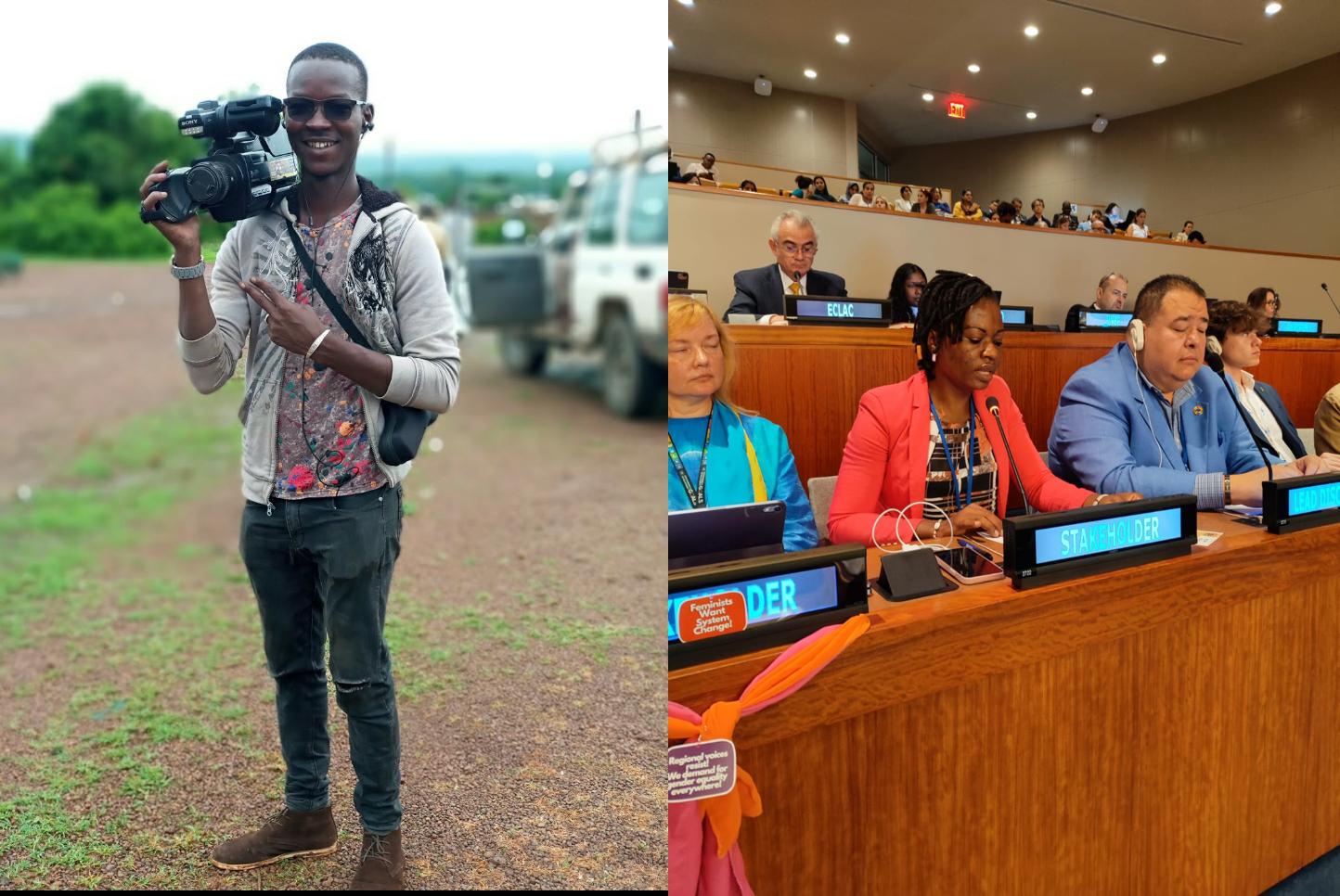Giving a voice to Africa’s CDWD: The fight for recognition, rights and representation
One of the first questions when talking about any marginalized community across the world is about their population, distribution, and the data to support these facts. But what if such data is not available? What if the marginalized community is not even recognized as such? What if the government outrightly dismisses any claims made by community leaders that a group has been denied the right to live with dignity and equality?
This is the reality for many Communities Discriminated on Work and Descent (CDWD). But despite the overwhelming challenges, the struggle for recognition, justice, and equality has found champions across Africa. Their voices are ensuring that the pain and discrimination faced by CDWDs are not only acknowledged but also addressed in policymaking.
This would not have been possible without the efforts of several leaders, activists, and administrators working tirelessly to give visibility to Africa's CDWDs. Among them are Queen Bisseng, UN Programme Specialist for Africa with the Global Forum of Communities Discriminated on Work and Descent (GFOD), and Mamadou Diallo, a CDWD activist from Mali. Both leaders have witnessed firsthand the unique struggles faced by CDWD in Africa and have worked to push their cause onto national, regional, and international platforms.

Early Encounters with Discrimination
For Queen Bisseng, her awareness of discrimination started early. Growing up, she observed the profound social, economic, and political marginalization faced by people in her community. “This discrimination manifests in various forms, including exclusion from economic opportunities, social ostracism, and limited access to education and healthcare,” she says. These experiences shaped her understanding of social justice and the need for mobilization to address these inequities.
Similarly, Mamadou Diallo reflects on how societal norms in Mali enforced a hierarchy. “Since childhood, we were always told that our society is composed of nobles and ‘men of castes.' This cliché has existed since the dawn of time,” he explains. While Diallo himself did not suffer physical violence or direct discrimination, he witnessed how it affected thousands of others, many of whom were unaware of their rights. “This should strike our consciences,” he adds.
Also Read: When a Roma speaks at UN, the world listens: Interview with Roma academic-activist Simona Torotcoi
Unique Challenges Faced by CDWD in Africa
Communities Discriminated on Work and Descent in Africa often face unique forms of discrimination, particularly because many are descendants of slaves. This legacy ties them to traditional and contemporary forms of slavery, limiting their occupational choices and making them economically dependent on their former masters. “Their social identity becomes their work, and in the same way, the work they do becomes their social identity,” Bisseng explains.
Diallo elaborates on how CDWDs face violence, exclusion from power, land expropriation, and denial of basic rights such as education, healthcare, and security. The historical roots of these issues are compounded by modern-day inequalities, creating a complex web of discrimination that these communities continue to navigate.

Connecting with a Global Network
Both Bisseng and Diallo emphasize the importance of being part of a larger network like GFOD, which advocates for CDWD rights globally. For Bisseng, GFOD has been instrumental in giving visibility to CDWDs across Africa. “I connected with GFOD through my engagement as a rights expert, playing an important role in advocating for the recognition of CDWDs at national, regional, and international levels,” she says. The network amplifies the voices of these communities and fosters solidarity to drive global advocacy.
Diallo's connection to GFOD came through a social media call for applications. “Since my selection, I have gained a broader vision of the mechanisms and means at the global level that have given me arguments to defend discriminated communities,” he says. GFOD has also provided him with valuable training on human rights advocacy, speaking at the UN, and writing interventions—all tools he intends to use to benefit his community.
Explaining CDWD to a Wider Audience
The term ‘Communities Discriminated on Work and Descent' isn't widely understood, and both Bisseng and Diallo work to explain it in simple terms. Bisseng describes CDWDs as those suffering from any form of exclusion or restriction based on inherited status—such as caste or ancestral occupation—that limits their ability to enjoy fundamental rights on an equal footing. This discrimination affects multiple aspects of their lives, from employment to education and social participation.
Diallo often uses local terminology to explain the concept. “To explain the term CDWD to someone I use the local term which is “caste man/person” with examples of similar cases in our society while explaining the harmful issues of these practices on living together,” he adds.
Also Read: Testimonial – Meeting with a Blacksmith from the Tuareg community in Niger
Lessons from Other African Communities
In advocating for CDWDs, Bisseng has learned that many of these communities share a common experience of social segregation. “They are often labeled as ‘unclean' or ‘polluted' and are forced into endogamy,” she explains. In some cases, individuals face violent repercussions for marrying outside their communities.
However, Bisseng also notes a growing resilience among CDWDs in Africa. “Communities are joining efforts to advocate for social change, influence public policy, and improve the lives of their members,” she says. These communities raise awareness, advocate for laws that protect their rights, and empower themselves through education and capacity-building initiatives.
Diallo, on the other hand, was particularly struck by the situation in Mauritania, where the hartines—a marginalized group—lack legal and administrative recognition. This absence of recognition leaves them in an even more vulnerable position, making it difficult for their voices to be heard.
Challenges Across Continents
While CDWDs face discrimination globally, their challenges in Africa are often compounded by the continent's complex social hierarchies. According to Bisseng, many CDWD communities aren't even counted in official statistics, making it difficult to push for targeted reforms. Even where reforms have been promised, there is often a gap between policy and implementation.
Diallo underscores the importance of global platforms like GFOD in elevating the issue of CDWDs to the international stage. “Rarely, when we talk about minorities on the international stage, do we talk about CDWDs, even though they are often more numerous than other marginalized groups,” he says.
Legislative and Societal Gains
Despite the challenges, there have been some notable successes for CDWDs in Africa. Bisseng points to a recent victory at the NGO Forum of the African Commission on Human and Peoples' Rights, which passed a resolution on the rights of CDWDs and access to education. These regional mechanisms are crucial in driving the recognition of CDWDs and ensuring their rights are protected.
Diallo also highlights a significant achievement in Mali, where several people were convicted for crimes related to slavery by descent during a special session of the Kayes Assize Court in 2023. This conviction marked an important step toward addressing the longstanding issue of slavery in the region.
The Role of Global Advocacy
Global advocacy platforms like GFOD play a pivotal role in advancing the rights of CDWDs. Bisseng emphasizes that GFOD is working toward drafting a UN declaration specifically focused on protecting the rights of CDWDs. The organization also engages with international bodies like the UN and ILO to push for recognition and action on CDWD issues.
GFOD's efforts have significantly enhanced the work of CDWD advocates in Africa by creating coalitions, sharing resources, and advocating for legal reforms. The organization has also been instrumental in raising awareness of CDWD issues, using media and public events to shed light on these communities' struggles.
Climate Change and CDWD
In addition to social and economic discrimination, CDWDs in Africa are also disproportionately affected by climate change. Bisseng explains that many CDWDs rely on nature-based livelihoods, making them particularly vulnerable to the effects of water scarcity, deforestation, and biodiversity loss. As part of their advocacy, CDWD communities are working to address water management, access, and land conservation to mitigate the impact of climate change.
Also Read: Climate change impact CDWD extensively, says UN Special Rapporteur Dr Surya Deva
Looking Ahead
Looking forward, both Bisseng and Diallo have clear priorities. Bisseng is focused on forming an informal working group on CDWDs to push for a UN resolution that formally recognizes discrimination based on work and descent. She envisions increased global awareness and concrete policy changes that will improve the lives of CDWDs.
Diallo, too, hopes to see more on-the-ground actions while continuing to use GFOD as a platform to advocate for the criminalization of slavery practices. Both leaders remain committed to ensuring that CDWDs are recognized and protected, not only in Africa but across the world.
Through their tireless advocacy, the struggles of millions across Africa are slowly gaining the visibility and recognition they deserve—paving the way for a more just and equitable world for all.
Also Read: Queen Bisseng calls for ‘global commitment to end discrimination' at HLPF


